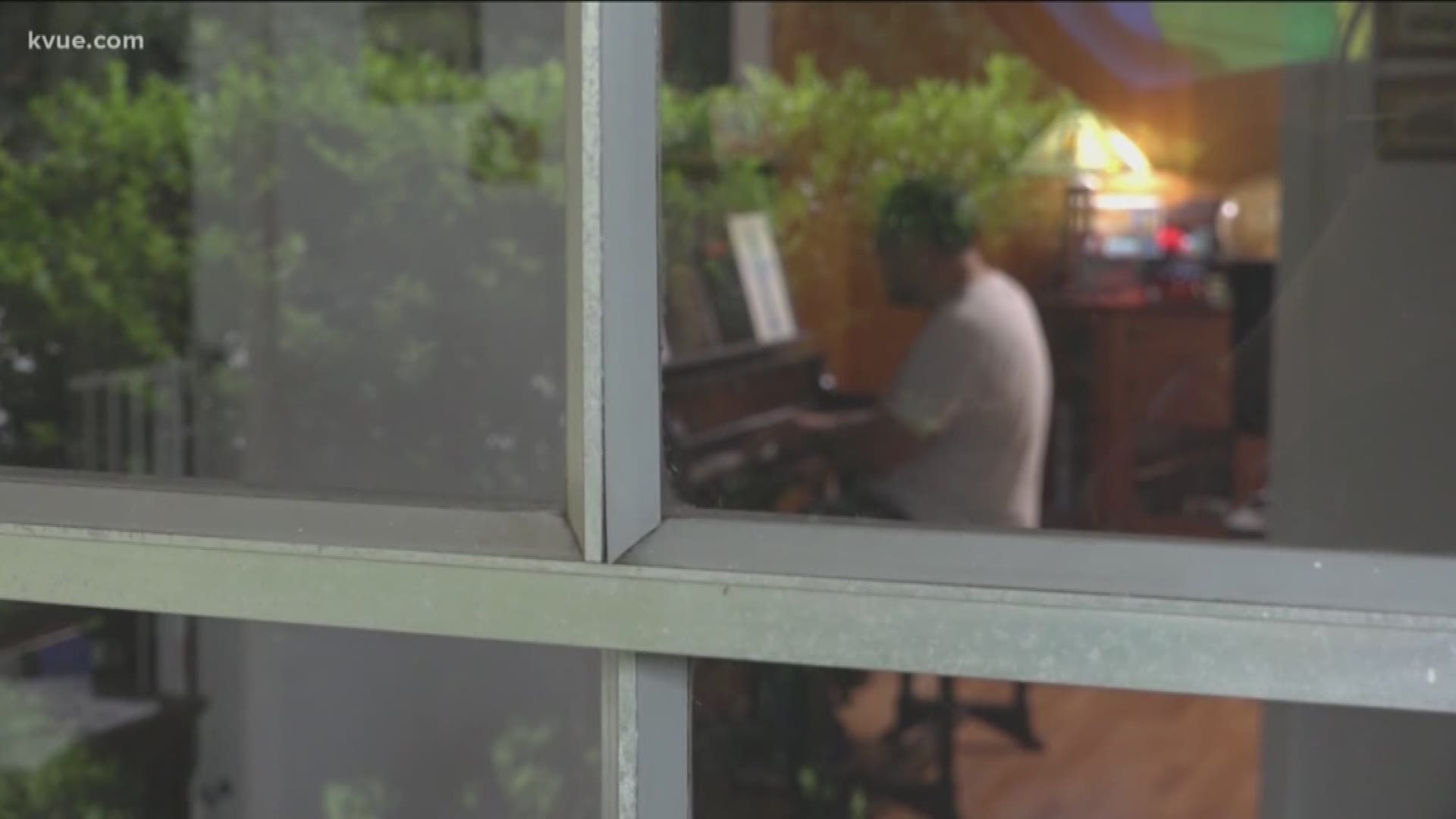WILLIAMSON COUNTY, Texas — Editor's note: The video above deals with managing anxiety during the coronavirus pandemic.
In an effort to slow the spread of the coronavirus, residents in Williamson County have been placed under a "Stay Home Stay Safe Order" March 24.
Standing alongside Travis County Judge Sarah Eckhardt and Austin Mayor Steve Adler, County Judge Bill Gravell announced that residents within Williamson County must stay home unless they are "performing essential activities, such as purchasing food, and going to and from essential businesses and essential government services or perform construction, including housing."
Businesses that are not deemed essential must close under the order.
The order, which takes effect at 11:59 p.m. on March 24, lasts until 11:59 p.m. on April 13. Travis County residents are placed under the same order.
RELATED:
Here are activities that are allowed and businesses that may remain open in Williamson County under the order:
- Tasks that are essential to maintain health and safety, such as going to the hospital, obtaining medicine from pharmacies, clinics, veterinary offices and other healthcare service facilities
- Getting necessary supplies for you, your family or household members, such as groceries, pet food, food bank, farmers’ markets, convenience stores, carry-out or delivery restaurants, and other essentials for staying at home
- Getting to work for essential businesses or services, including roles needed to maintain basic operations such as security, payroll, and similar activities
- Engaging in outdoor activities, such as walking, hiking or running—just as long as you maintain at least 6 feet of physical distancing
- Caring for a family member in another household, and caring for elderly people, minors, dependents, people with disabilities or other vulnerable persons
- Childcare facilities providing services that enable essential employees to continue functioning
- Gas stations and auto repair facilities
- Banks and financial institutions
- Critical infrastructure including energy, water, solid waste collection and other governmental services
- Hardware stores, plumbers, electricians, and other service providers necessary to maintain the safety, sanitation, and essential operation of residences and other essential businesses
- Educational institutions, for the purposes of facilitating distance learning
- Businesses that provide social services and necessities of life for economically disadvantaged individuals and shelter facilities
Full details about what is allowed can be found online.
PEOPLE ARE ALSO READING:

